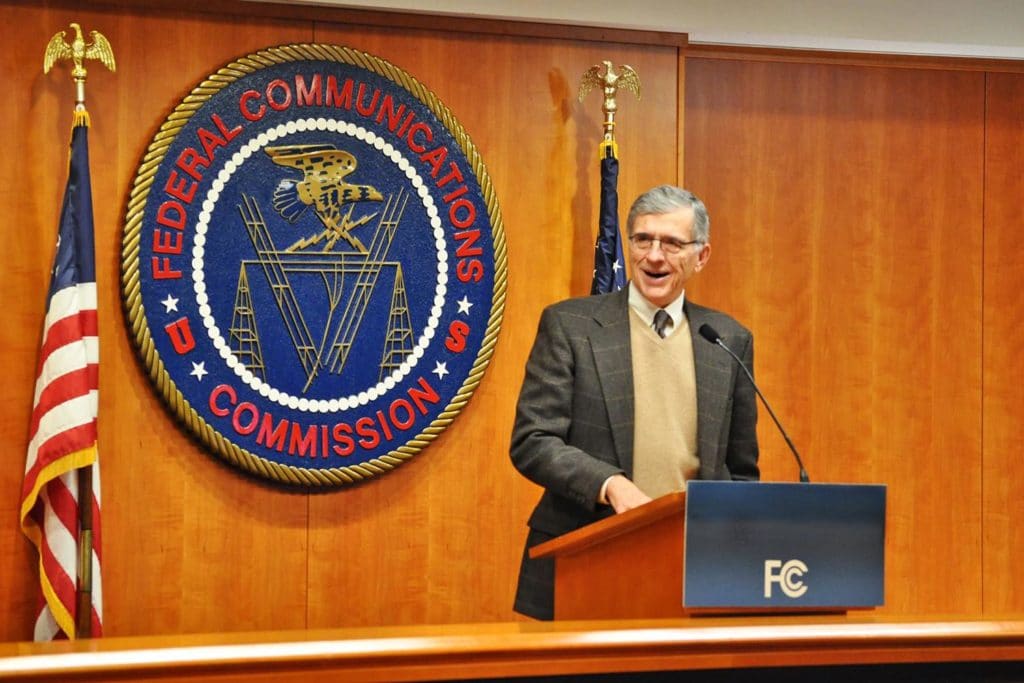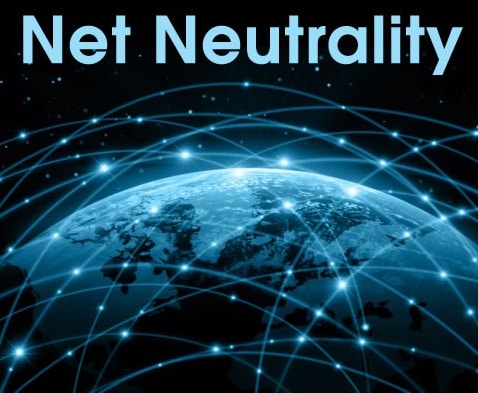It has been less than two weeks since the Federal Communications Commission (FCC) published its new net neutrality rules on its website, and two lawsuits slamming the new regulations have already surfaced, claiming that the agency overstepped its boundaries.
Supporters of net neutrality were warned not to start celebrating as soon as the FCC established its new set of net neutrality rules.
Many major telecommunications groups and corporate powers threatened to come after the agency if it tried to strip them of their power to regulate transmission speeds based on content and higher-priced plans.
The FCC barely got to sit back and admire its new legislation before USTelecom and Alamo Broadband followed up on that promise.
The trade group, which includes AT&T and Verizon, and the Texas-based broadband provider initiated separate filings in different districts of the U.S. Court of Appeals, requesting that the new regulations are not enforced because the FCC allegedly acted beyond its authority.
The suits slammed the FCC’s new set of rules as “arbitrary, capricious, and an abuse of discretion.”
“We do not believe the Federal Communications Commission’s move to utility-style regulation invoking Title II authority is legally sustainable,” USTelecom President Walter McCormick said in a statement, according to The Washington Post. “Therefore, we are filing a petition to protect our procedural rights in challenging the recently adopted open Internet order.”
Regardless of the new filings, the rules won’t go into effect until 60 days after they appear in the Federal Register.
The FCC has acknowledged the recent challenges, but the agency doesn’t seem too concerned that the filings will result in any major changes.
In a statement, the FCC called the petitions “premature and subject to dismissal.”
Just as one side of the legal battlefield is gearing up for war, however, so is the other.
An industry lobbyist that represents smaller telecom firms is ready to support the FCC’s move toward net neutrality.
“Our side does want an early challenge so that this administration will defend it, and [FCC Chairman Tom] Wheeler will defend it,” the lobbyist told The Washington Post. “The sooner the better.”
Other groups have stepped forward to emphasize the fact that the FCC has a strong case and also don’t believe the recent filings will be any real issue for the agency.
“These companies have threatened all along to sue over the FCC’s decision, even though that decision is supported by millions of people and absolutely essential for our economy,” Matt Wood, policy director at Free Press, told The Washington Post. “Apparently, some of them couldn’t wait to make good on that threat.”
Both of the lawsuits also seem to acknowledge that their cases may not be as solid as each party hoped.
The documents noted that the filings were initiated “out of an abundance of caution” and acknowledged that the challenges might be premature.
These two challenges come after Tennessee already sued the FCC for blocking the state’s restrictions on city-run Internet services back in February.
As for consumers across the nation, however, net neutrality is a topic many have gotten excited about.
Some Internet users were shocked to even discover that their Internet service providers had the right to regulate the speed of their content based on how much they were paying or what they were doing online.
Wheeler said that’s exactly why the FCC is trying to snatch some of the power over the Web out of the hands of corporations.
“The Internet is too important to allow broadband providers to make the rules,” Wheeler said.




